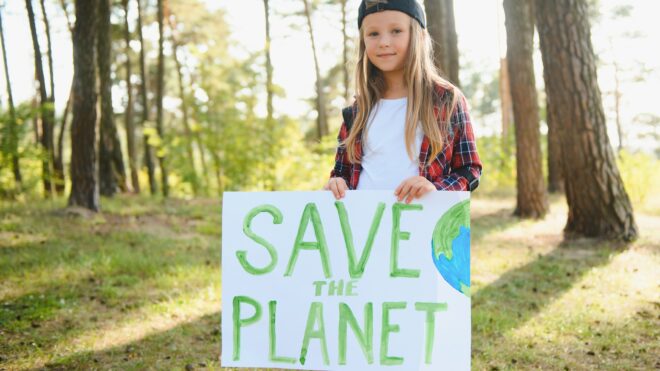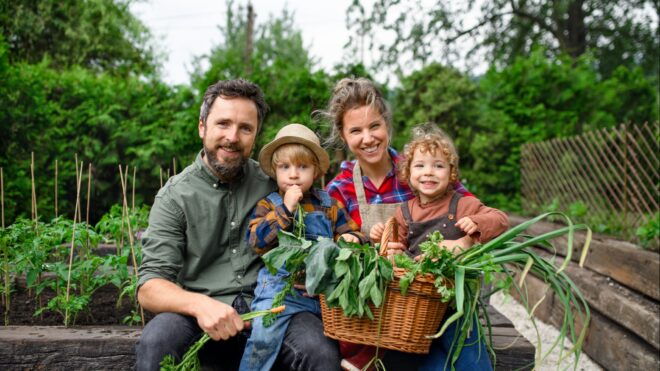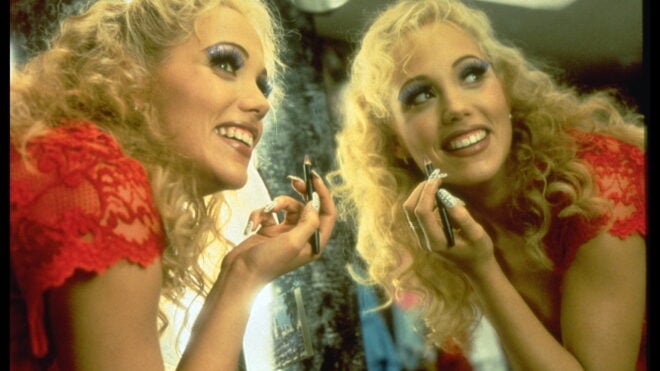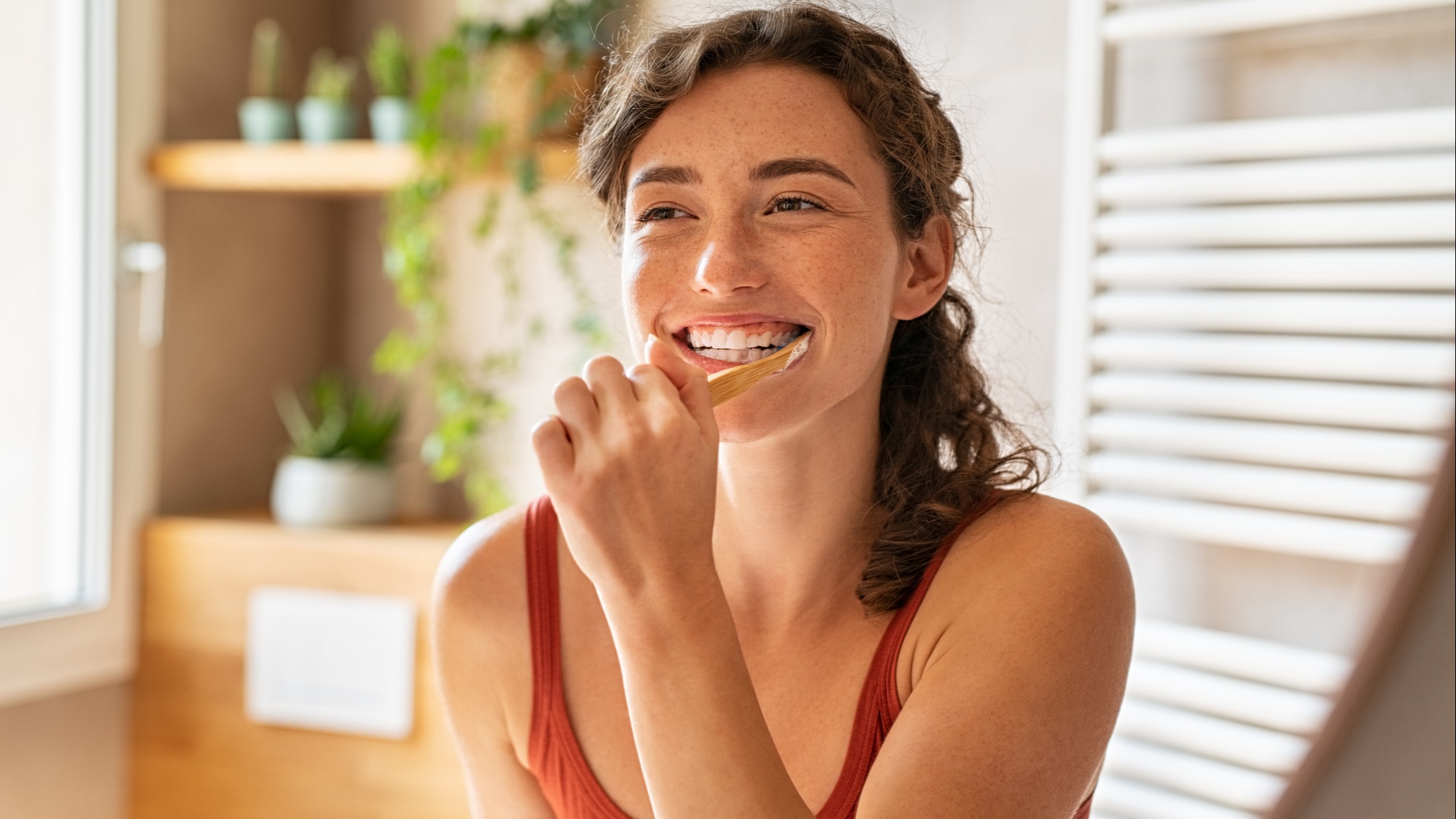
Disposable products are convenient and affordable, but we all know the damage they can do to the environment. And the affordability aspect is somewhat of a myth when you realize that once you buy or craft a reusable item, you don’t have to keep buying it. Biodegradable products often do cost a little extra, but if you can afford the extra cost, these funds also usually go to more ethical companies, and oftentimes partially to environmental charities.
So with the cost and environmental impact in mind, what kind of products are reusable? And which are biodegradable? Well, most cleaning tools, beauty accessories, and food-related instruments have their reusable and eco-friendly counterparts, but there are some unusual ones you probably wouldn’t expect.
So for those of us who don’t really know where to begin, here are just a handful of items that won’t wind up in the landfill any time soon.
Microwavable Notebooks
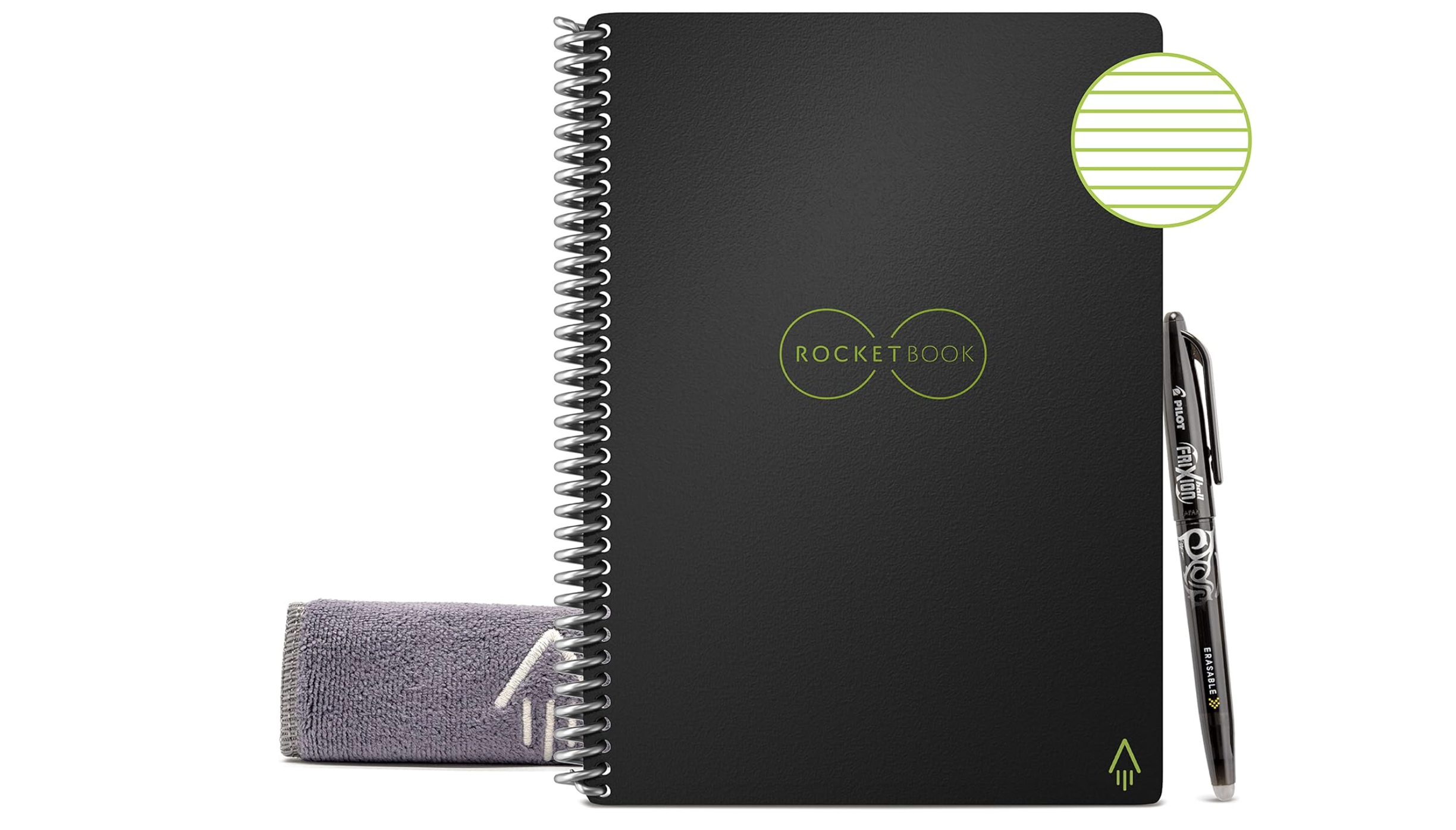
Yep, you read that correctly. While paper is recyclable, deforestation is still a huge issue, and that paper has to come from somewhere. For kids especially, just think about how much paper and notepads we go through annually, and sure, you could use a laptop or phone instead for the most part, but sometimes the only option is a pen and paper. Not every school allows devices in class for notes, and not everyone wants to practice sketching digitally.
So if you don’t want to keep repurchasing notebooks and pads, there’s an interesting alternative: the microwavable notebook. The original microwavable notebook, which was "laughed off Shark Tank," now is one of the best-selling notebooks on Amazon. Rocketbook Wave allows you to hand write and draw whatever you want, back it up digitally, and when you’ve filled the book, and are no longer in need of its contents, simply put it in the microwave. Blasting the book with radiation bleaches the ink on its pages without damaging any other aspect of the paper, rendering it completely blank once more. So once the school year is over and all the tests are done, zap it and start again!
Plastic-Free Sunscreen Packaging
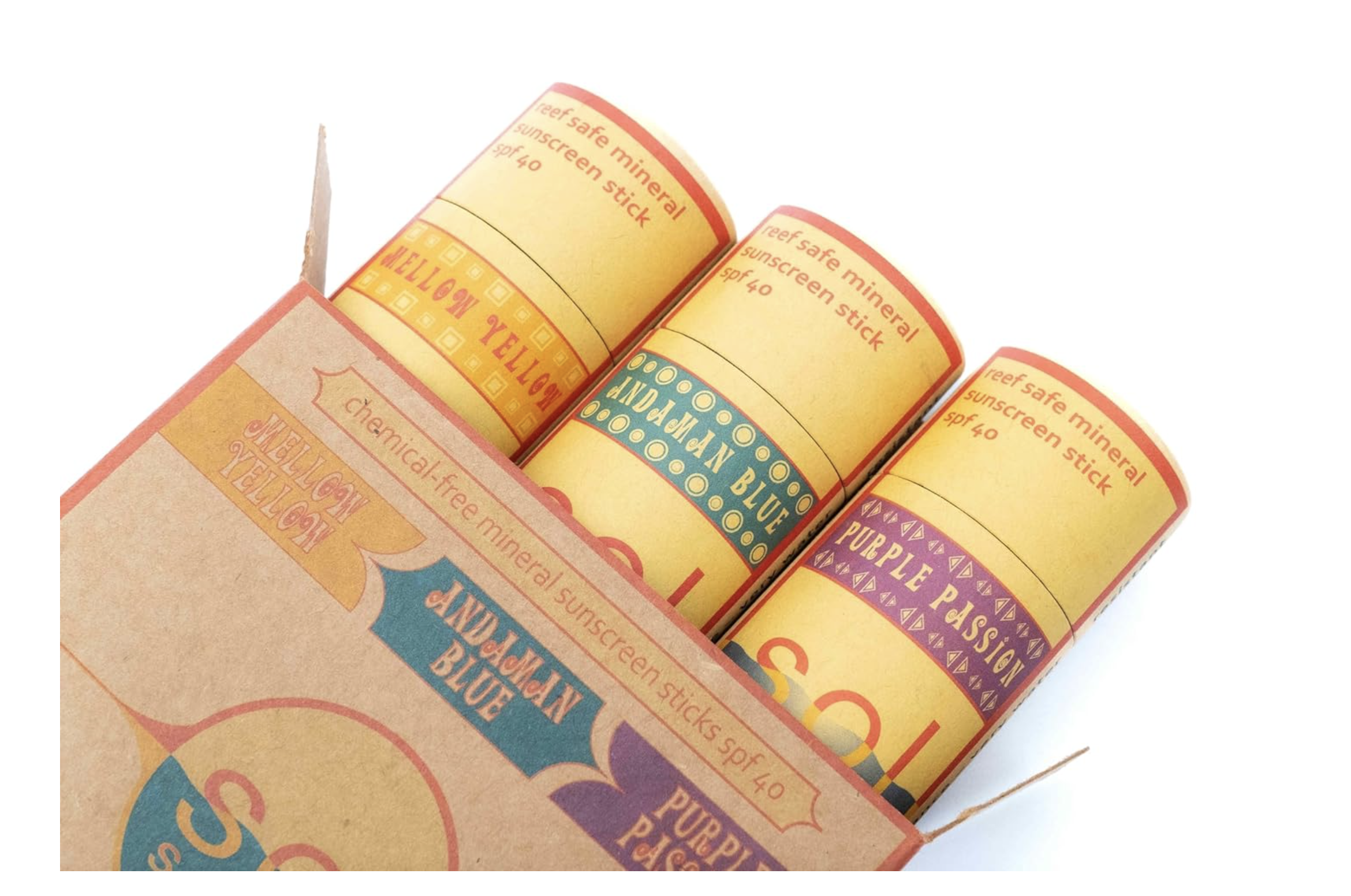
For sunnier states and countries, sunscreen is a must year-round, and during the summer particularly, sunscreen bottle waste skyrockets. Now, no one is saying to abandon your sun care routine, but there are ways of lowering our plastic use when it comes to SPF. The plastic contained in the packaging has harmed our oceans. Our oceans produce around half of our oxygen supply, so you can see how important it is that our plastics don’t wind up in the ocean (sadly there are around 220,000,000 pounds of plastic there). Like most skin care and beauty products, there are always companies offering paper or cardboard alternative packaging.
Sol Sauce Mineral Sunscreen Sticks offers a zinc-based roll-on sunscreen that not only comes in a biodegradable cardboard tube but doesn't contain oxybenzone, a UV filtering compound that some contend damages coral reefs. It still offers UV protection, as well as other skin benefits. Just search “paper tube sunscreen” or “biodegradable oxybenzone-free SPF” for other products available.
Menstrual Cups
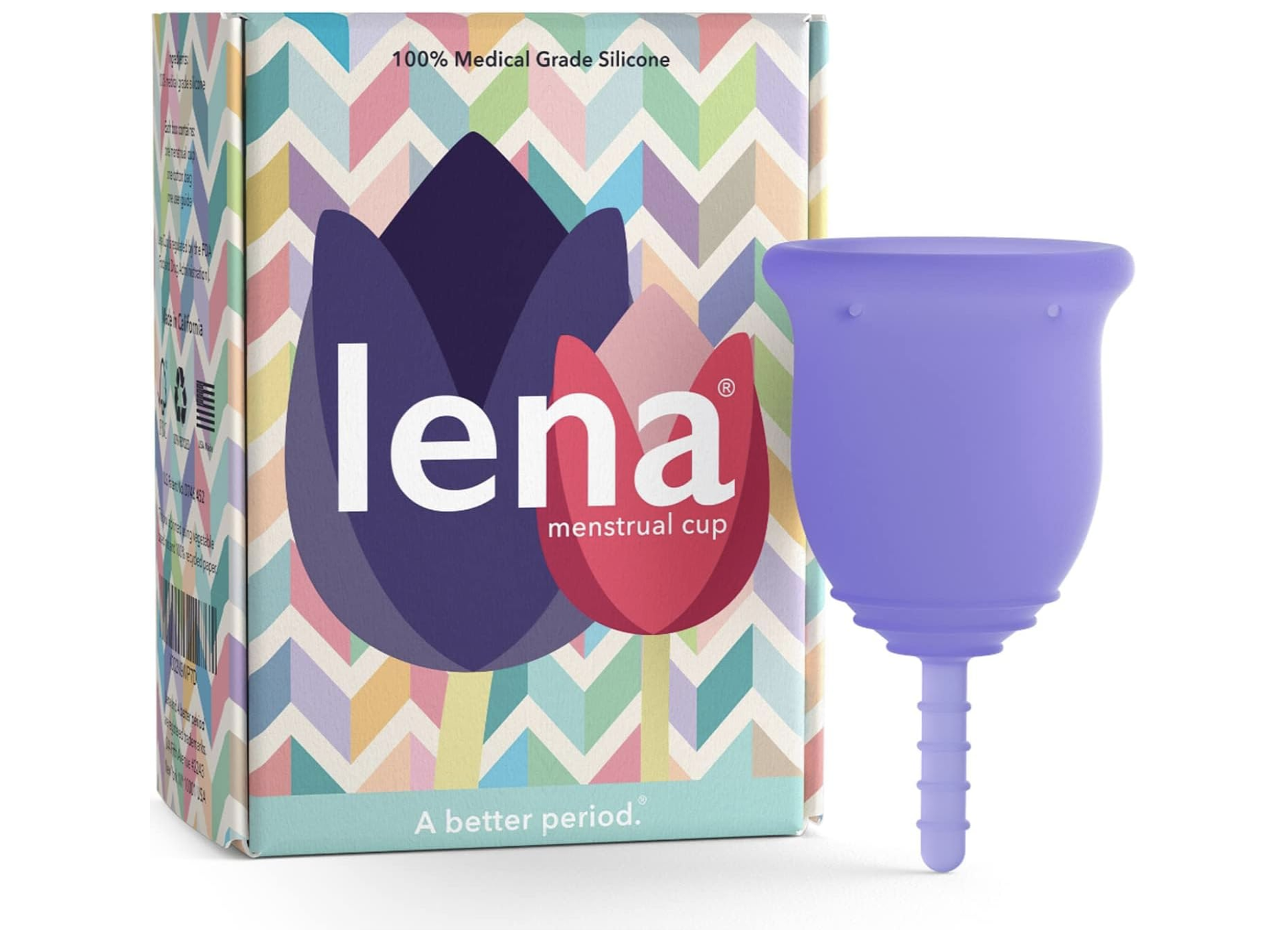
Periods are, for the most part, unavoidable every month for a huge portion of the population. Which, unfortunately, but understandably, means a lot of waste at the end of the cycle. On average, a single plastic-based sanitary product takes between 500 and 800 years to decompose, whether it is a pad, tampon, or panty liner. Biodegradable products obviously cut down environmental damage significantly, but certain products are only partially biodegradable (the tampon itself may be degradable, but is the applicator?), and the mass production of these products doesn’t help either. Reusable products mean less production, and the health aspects are an added bonus. A big concern with disposable pads is the fact that they contain BPA, which is something most people avoid in their drinking bottles, so why should our private parts be any different? Lil Helper, a store that specializes in reusable diapers, also sells reusable menstrual pads (and bags) for adults and children.
The Lena Cup was voted the No. 1 best menstrual cup for beginners. There’s a myth (fueled by misogyny most of the time) that reusable menstrual products are unhygienic, but they’re only as hygienic as you are. Disinfecting and cleaning the pads, cups, or other reusable period products is as simple as cleaning underwear you’ve accidentally stained. Rinse out your pads in cold water (hot water sets blood stains) then when the blood is gone, put them in the washing machine on the hot setting. For a menstrual cup, boil it in a pot you no longer use for cooking, and it's good to go next month.
Food Wrap
If you haven’t seen the satisfying beeswax wrap-making videos on TikTok, then let us bring you up to speed. According to National Geographic, every year Americans buy enough plastic film to shrink-wrap Texas. So you can imagine the damage this is doing to our oceans. Most people when ditching plastic wrap opt for reusable containers, but if you miss that airtight grip that the wrap has on your unfinished food or the space it saves in the refrigerator, then wax wraps will be your best friend.
These wraps are made by soaking a natural fabric, such as cotton, in a mixture of beeswax, organic oils (coconut, jojoba, or soy, usually), and sometimes tree resins. So everything that comes from the Earth will return to the Earth. There are tons of different brands that sell these wraps, such as Beeswrap.com, Goldilocks, and your local grocery stores. However, you can also make them at home quite easily, which means you have an endless supply. Who knows, maybe you’ll start your own wax wrap business.
Coffee Strainers and Pods
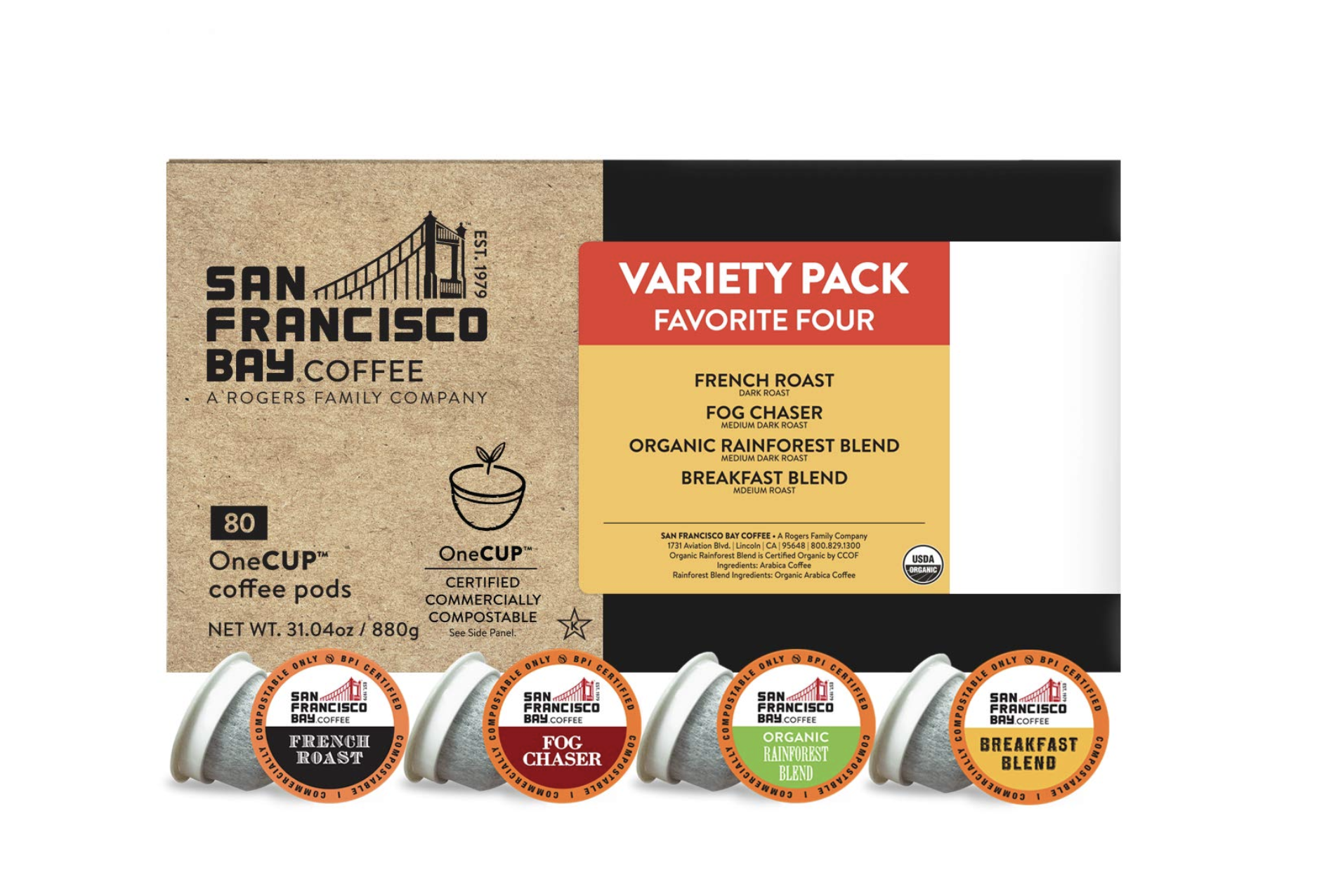
Though not biodegradable, reusable plastic or metal coffee accessories are a way better alternative to single-use plastic. Homemade coffee saves you a lot of time and money, but coffee pods are one of the worst offenders for coffee-related environmental damage than any other way of making coffee. Whether you use a reusable pod in your Nespresso or Keurig magazine, or metal strainers in your AeroPress, you won’t have to build up waste for years to come, or spend extra money. Biodegradable coffee pods are also an option, as they are more eco-friendly, and many can be composted after use, which directly benefits your garden or indoor plants while you’re at it.
Many big companies, such as Nescafé, have biodegradable versions of their coffee packaging, however if you’d like to go more indie, check out brands like Blue Circle, Glorybrew, and speak to your local coffee shops, as they’ll know of more companies near you.
Toothpaste
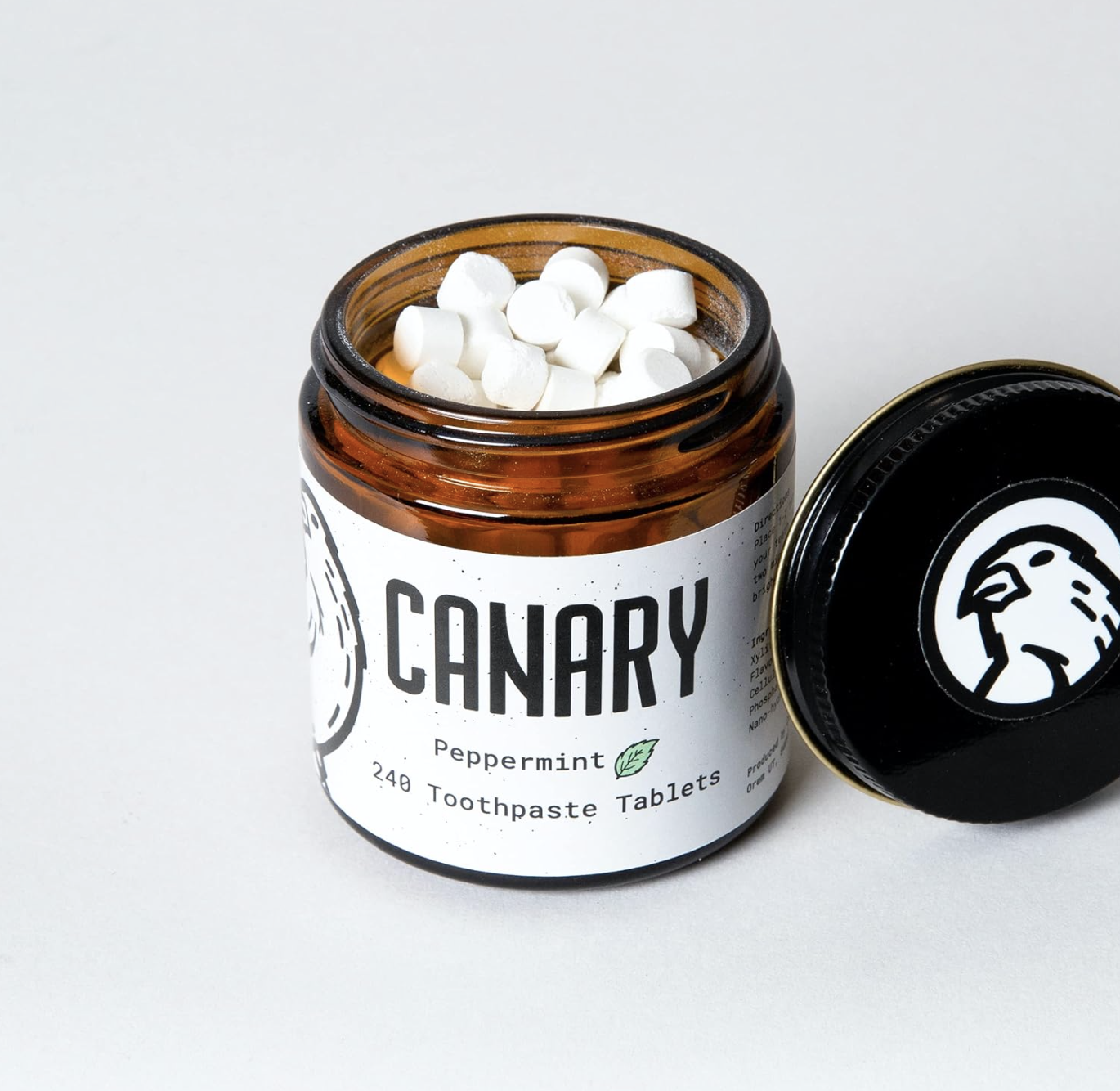
Another way to reduce single-use plastics is to ditch traditional toothpaste tubes and switch to toothpaste tablets, like these ones from Canary. They come in a cute glass jar and will last you four months. They're also vegan and come in a wide variety of flavors for every set of taste buds.
 $32.15
from
$32.15
from


